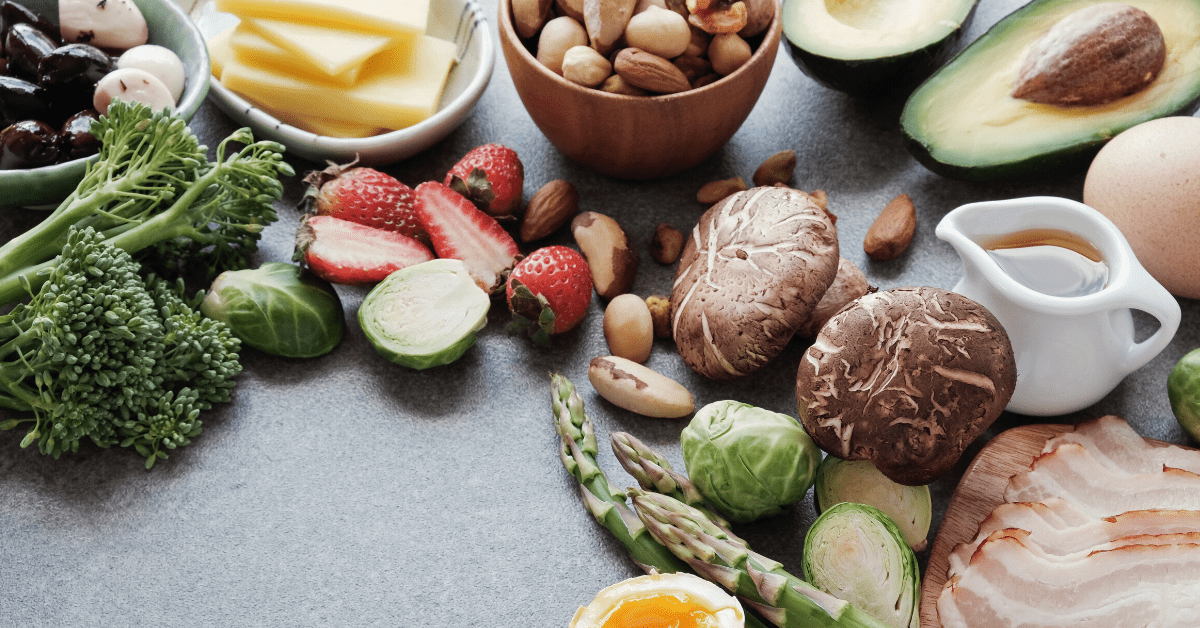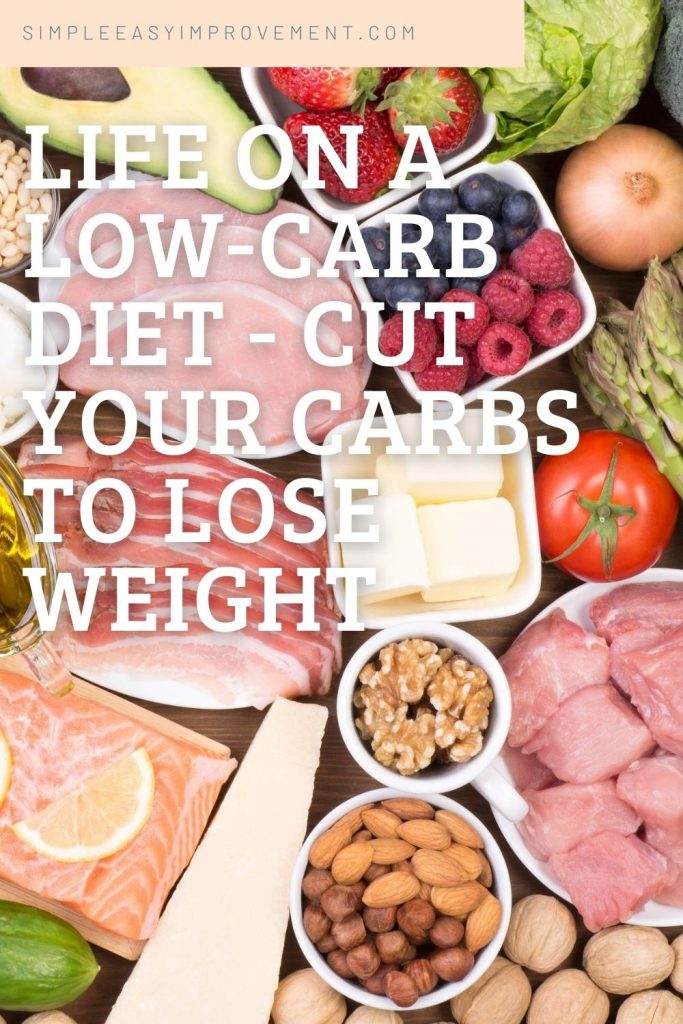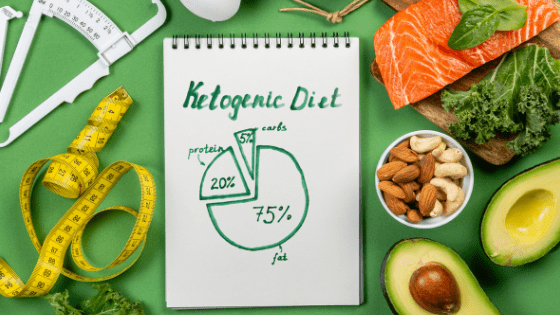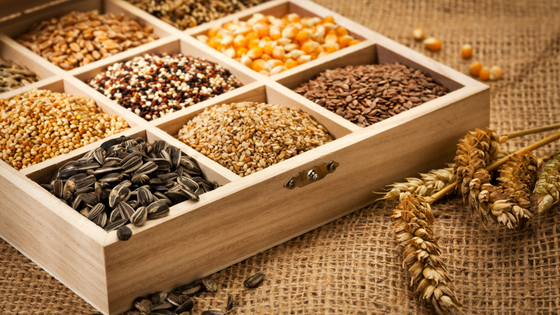
All the diets and lifestyle changes out there, all healthy living ideas, they all have one thing in common – to remove as much trace of carbohydrate from your life as possible. Whether it is the Paleo diet, the Atkins diet or the Keto diet, or simply rules of healthy eating and healthy living, there’s very little place for complex carbohydrates in our body. With good reason, of course! The more carb-based meals you eat, the harder it is for you to lose weight.
Why are Carbohydrates bad for us?
Not all carbohydrates are bad for us; actually, carbohydrate-based foods are one of our primary sources of nutrients and energy. However, there are different types of carbohydrates present in the most common foods we eat every day: sugar (sucrose and fructose), starch and fibre.
Different types of sugar are the simple carbohydrates which produce energy in a short time, e actually harmful for the body. On the other hand, fibre and starch are complex carbohydrates. They take longer to be broken down by the body and digested and provides energy in the long run. This is the kind of carbohydrates needed in the body, but only in a small amount, found in some vegetables and whole grains.
Cutting Carbohydrate from Our Meals
Most of the diets we follow prefer minimum servings of carbohydrates – a little of complex carbohydrates but absolutely no simple carbohydrates. Simple carbohydrates (mainly sugar in different forms) do nothing but add calories to your weight, but a little number of complex carbohydrates can help build muscles.
So, cutting back on carbohydrates means to avoid the type of food that has sugar in it, but including a little amount of starch and fibre. Here are the carbohydrates you need to avoid to be healthy:
- Any kind of Bread
Different types of bread are popular in cultures all around the world. From bread loaves to bagels, rolls and flatbreads, tortillas and croissants, pretzels and buns – every kind of bread are mostly constituted of simple carbohydrate and sugar.
If you want to eat healthily, a simple sandwich a day or a single bagel is all you need for your daily limit of carbohydrate. Anything more than that will only add to your weight.
If you still want bread to be a part of your meals, you can try rye bread which only has 15 grams of carbohydrate in every standard slice.
- Grains
Most type of grains, which includes white rice, regular/instant oats and wheat, are high in carbohydrate. This also means that any baked goods, i.e. cookies, cake, muffins and bread, which usually uses wheat flour, should be avoided. Pasta and breakfast cereals are also included in this list.
If you like to bake, there are a lot of alternatives to wheat flour that are low-carb meals. For example, coconut flour and almond flour has only 21 grams and 11 grams of carbohydrate per 100 grams of serving, as opposed to refined wheat flour which has 61 grams of carbohydrate in each 100-gram serving.
For breakfast, a healthy alternative is steel-cut oats which have half the carbs of instant or cooked oats.
- Full-Fat or Full-Cream Dairy
Full-cream milk might be the natural way to go, but it also has a lot of carbs in it, as well as one kind of sugar – lactose. A little amount of full-cream milk in your tea or coffee can be considered fine if you are not drinking it more than twice a day. However, for people who have a very healthy option of drinking a full glass of milk several times a week, there are a few healthier alternatives.
An 8-ounce glass of full-fat milk has more than 12 grams of carbohydrates and just as much sugar. Almond milk, coconut milk, hemp milk and milk made from other nuts are also a healthier source of calcium and Vitamin, but without the carbs.
- Some Fruits
Fruits are great as snacks, as a dessert or for making juices and smoothies, but there are some fruits that are high in both carbs and sugar. In a low-carb lifestyle, fruits like banana, raisins, dates and mangoes are high-calorie, high-sugar fruits, and contains more carbohydrate than is adequate for your health.
Dried fruits are great snacks as well, convenient and delicious. But they have a very high carb and sugar count, much higher than when the fruit was in their original state.
All kind of berries, especially blueberries, raspberries, goji berries, strawberries, bilberries and cranberries, Acai berries and grapes, have very little sugar in them but are also high in fibre. These are the best kind of fruits for every occasion, as well as watermelons, avocados, peaches, honeydew melons and cantaloupes – which are also high in fibre and low in carb.
- High-carb Vegetables
Almost all vegetables are good for your health, filled with fibre, but there are a few high-carb ones to avoid. For example, the average serving of corn has 4 grams of carbs, one sweet potato has 24 grams of carbs, 1 potato has 37 grams of carbs and 1 cup of beets has 16 grams of carbs. In a healthy diet, low-carb, high-fibre vegetables are allowed in abundance, but only a limited amount of high-carb vegetables should be added.
Bell peppers, asparagus, broccoli, mushrooms, zucchini, cucumbers, cauliflower, lettuce, celery, tomatoes and kale are low-carb vegetables that can be consumed in a large amount in any healthy lifestyle. Other low-carb, low-sugar, non-starchy and low-carb vegetables are artichokes, bean sprouts, Brussels Sprouts, cabbage, eggplant, onions, turnips, spinach and any kind of leafy greens.
- Alcohol
Alcohol is only allowed in a small amount because most drinks have some amount of carbs in them. Beer, for example, is a high-carb drink; a single can of beer can contain 12 grams of carbs, and even a light beer has 6 grams of carbs in one can. A cosmopolitan has 13 grams of carbs, a margarita has 8 grams, a White Russian has 28 grams and a Coke & Rum has 39 grams of carbs.
On the other hand, acceptable low-carb drinks are whiskey, martini, brandy and tequila shots which have zero carbs in them. However, these are potent alcoholic drinks that can lower your inhibitions so you might end up eating more than you intend.
Most of the foods that are common to us are high in carbohydrates, and not good for losing weight. However, they all have healthier alternatives that are just as delicious and versatile, and great for your body.



